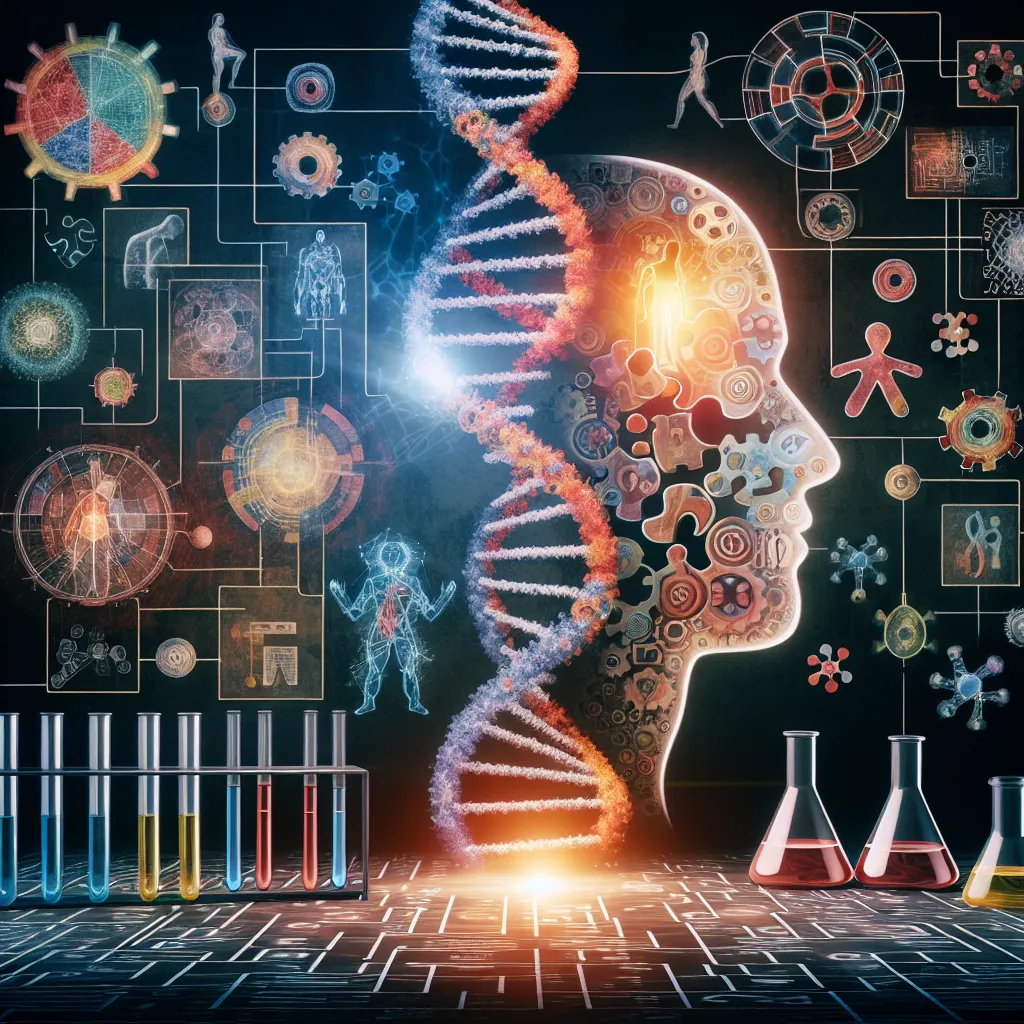Personality, the unique and stable pattern of behavior, thoughts, and emotions that characterizes an individual, has long captivated psychologists, biologists, and laypersons alike. But what underlies these consistent traits that make us who we are? While environmental factors such as upbringing and culture are significant, the role of genetics in shaping personality is compelling and increasingly understood. This article delves into the fascinating world of genetic underpinnings of personality, explaining how DNA influences who we are, the interplay with environmental factors, and what recent research has to say about our behavioral blueprints.
The scientific quest to uncover the genetic basis of personality has its roots in the field of behavioral genetics, which examines the contribution of nature and nurture in human behavior. For decades, researchers have been using various methods such as twin studies, family studies, and adoption studies, which provide a unique glimpse into the genetic and environmental factors shaping personality. Identical twins, with their nearly identical genetic makeup, often demonstrate remarkable similarities in personality, even when reared apart, suggesting a genetic blueprint that guides their dispositional traits.
Gene-environment interactions are another crucial aspect of understanding personality development. While genetics provide a predisposition for certain traits, how these traits are expressed can be significantly affected by environmental experiences. A classic example is the differential susceptibility hypothesis, which suggests that some individuals are more genetically sensitive to their environments than others. This sensitivity can mean that they not only are more vulnerable to adverse environments but may also benefit more from positive ones.
Advances in molecular genetics have further expanded our understanding of personality genetics. One of the breakthroughs has been the discovery of specific genes associated with personality components, each playing a small role in the complex mosaic of our individual differences. For instance, the dopamine receptor D4 gene (DRD4) has been linked to novelty-seeking behavior, and the serotonin transporter gene (5-HTTLPR) has correlations with neuroticism and anxiety-related traits. However, these findings are nuanced, and genes rarely determine personality traits outright. They interact with a host of other genes and environmental influences to shape individual profiles.
The field of genomics now allows for genome-wide association studies (GWAS) that identify genetic variants associated with personality traits across the entire genome. These studies have implicated numerous genetic loci in personality traits. However, the effect sizes of these loci are usually very small, indicating that personality traits are polygenic—shaped by the combined effect of many genes, each contributing a tiny amount to the overall picture. The polygenic nature of personality implies that countless genetic variations interact in intricate ways to form the bedrock of our dispositional landscape.
Further complicating matters, research also indicates that gene expression, a process controlled by epigenetic factors, can be influenced by the environment. Epigenetics studies how external factors can turn genes on or off, affecting how cells read genes without changing the DNA sequence itself. Thus, activities ranging from physical exercise to meditation to the traumas one experiences can affect the expression of genes that contribute to personality.
The field of personality genomics is not without controversies and challenges, especially as we grapple with the implications of associating personality with genetics. Ethical considerations emerge, especially with the prospect of genomic information being used for everything from personalized therapy to employment screening. It is a sobering reminder of the tremendous responsibility that comes with the expanding frontiers of genetic knowledge.
Beyond ethical concerns, there are also questions of determinism versus free will. If our genes are influential in shaping personality, where does this leave the concept of personal responsibility and change? It’s essential to understand that while genetics plays a role, it doesn’t dictate an unalterable path. Personal growth and change are always possible, including through deliberate choices and proactive engagements with our environments.
In conclusion, the genetic underpinnings of personality are an intricate and ongoing elucidation. Genetics offers powerful insights into the substrates of our behavioral and emotional tendencies while highlighting the complex, dynamic interplay between our genome and the world around us. As we continue to unravel the genetic tapestry of personality, we are reminded of the beauty of human diversity and the incredible potential for personal development and understanding that lies within our DNA. With continued ethical considerations and research, the exploration of the genetic bases for personality will no doubt shed light on the most profound aspects of what it means to be uniquely human.



Leave a Comment